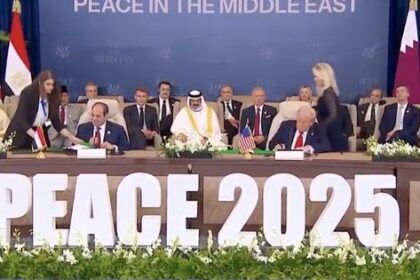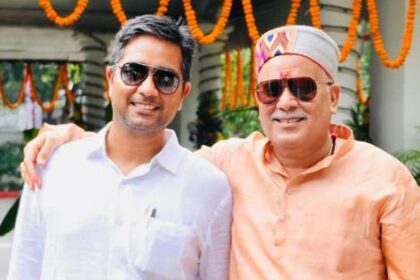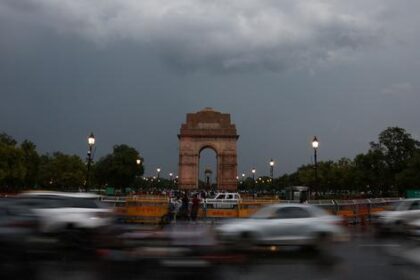Union government updates Supreme Court on mediation efforts regarding Nimisha Priya’s execution in Yemen
The execution of Malayali nurse Nimisha Priya in Yemen has been stayed, according to the Union government, which communicated this development to the Supreme Court on Thursday. Priya, hailing from Palakkad in Kerala, was imprisoned in Yemen for allegedly murdering a Yemeni citizen, Talal Abdo Mehdi, in July 2017. The Supreme Court was hearing a plea from the Save Nimisha Priya Action Council, a citizen-led initiative advocating for her release. The council sought directions for the Indian government to intensify its diplomatic efforts to prevent the execution.
During the proceedings, Attorney General R Venkataramani informed the bench of Justices Vikram Nath and Sandeep Mehta that a new mediator had become involved in the discussions. He noted, “The only good thing is nothing adverse is happening,” suggesting a cautious optimism regarding the situation. The court subsequently scheduled the matter for a hearing in January 2026, while also stating that parties could request an earlier listing if circumstances warranted it.
Priya’s execution had originally been set for July 16, but Yemeni authorities postponed it on July 15 without providing a new date. This decision followed the Indian government’s earlier statement to the Supreme Court, indicating its limitations in taking further action to avert the execution. The Save Nimisha Priya Action Council argued that under Islamic Sharia law, there exists a provision allowing for release if the victim’s family consents to accept “blood money”—a form of financial compensation for the loss.
In response, the Centre explained the complexities involved, particularly given Yemen’s political situation. Venkataramani remarked, “Looking at the sensitivity of Yemen… it’s not diplomatically recognized… blood money is a private negotiation… There’s a point till which the government of India can go. We have reached that.” Yemen has been embroiled in a civil war since 2014, and New Delhi does not recognize the Houthi regime governing the region where Priya is incarcerated.
Three days after the postponement of the execution, the Union government reassured that there was “no immediate threat” to Priya’s life and that negotiations were ongoing. In 2020, she had been sentenced to death by a trial court in the Yemeni capital, Sanaa, and her appeal was rejected by the Yemeni Supreme Judicial Council in November 2023, although it did leave open the possibility of paying “blood money.” On December 30, reports emerged stating that Rashad al-Alimi, chairperson of Yemen’s Presidential Leadership Council, had approved the death sentence against Priya.
India’s Ministry of External Affairs acknowledged the situation on December 31, stating that it was providing assistance to Priya and her family. Meanwhile, Priya’s mother has been actively negotiating with Mehdi’s family to secure a waiver of the death sentence. Priya initially traveled to Yemen in 2008 to support her parents, who were daily wage laborers, and later established her own clinic in 2015. The family claims that disputes arose between Priya and Mehdi, her business partner, after she confronted him regarding alleged financial misconduct. Allegations have also been made that Mehdi subjected Priya to torture and held her passport hostage, ultimately leading to his death from an overdose of sedatives that Priya allegedly administered.








